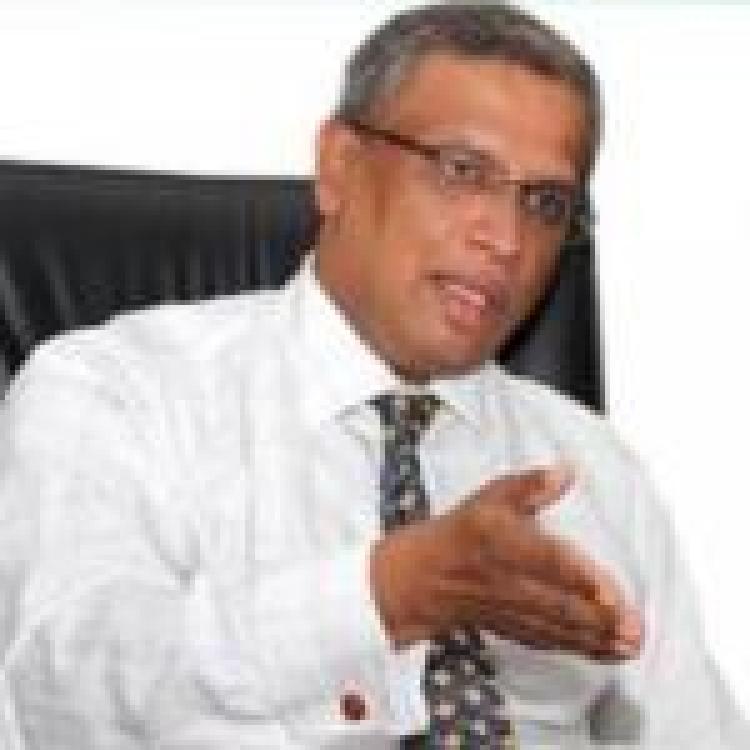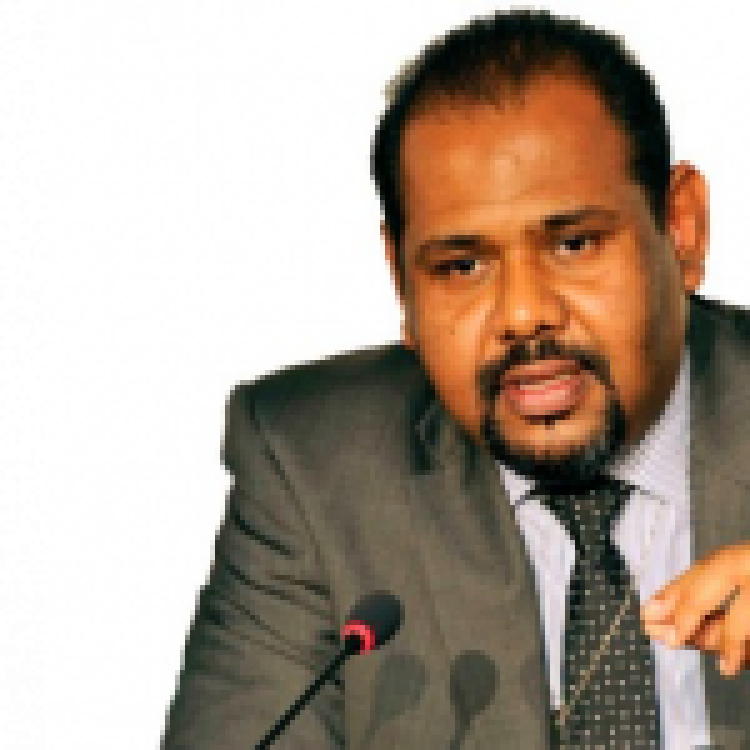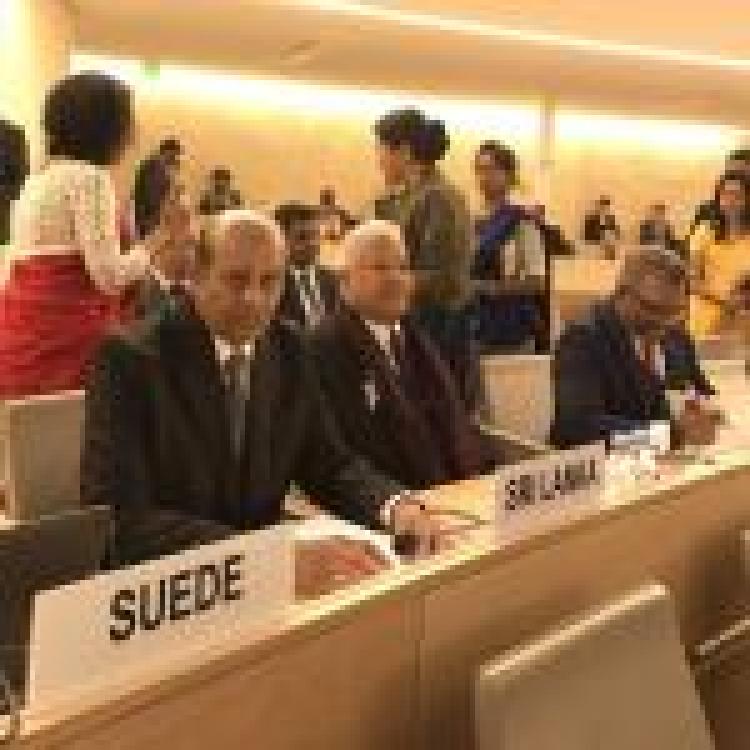Rejecting the Sri Lankan government's rhetoric that a hybrid court is unconstitutional, the Tamil National Alliance (TNA) spokesperson, M A Sumanthiran and the former chief minister, C V Wigneswaran, argued that such a court was within the country's constitution.
"Sri Lankan Constitution does not contain a bar to have foreign [judges]... Those who oppose foreign judges argue based on their narrow understanding of sovereignty... Sri Lanka’s judges and AG’s Dept lawyers continue to serve as judges in foreign jurisdictions," Sumanthiran tweeted, highlighting comments of an opinion piece, 'The Case for Foreign Judges in a Judicial Mechanism in Sri Lanka: Countering Falsehoods'.
In a statement released this week, Wigneswaran wrote:
"The statement by the Government that in terms of our constitution it is not possible to constitute a Hybrid Court is misplaced.
On August 1st 2005 then President Mahinda Rajapakse appointed the International Independent Group of Eminent Persons (IIGEP) under the chairmanship of Ex Indian Chief Justice P.N.Bhagavati to overlook the investigations conducted by the Udalagama Commission inquiring into 16 Human Rights’ violations in Sri Lanka. That could be a precedent to be followed with regard to War Crimes too.
The IIGEP consisting of foreign judges was an illustrative example of how the inclusion of foreign judges introduced International standards and also brought credibility among the affected people.
When the IIGEP found the Udalagama Commission investigation and its activities did not conform to International standards and norms and lacked transparency, Justice Bhagawati after one year of the beginning of the Investigation, disbanded the IIGEP and refused to grant approval to the activities of the Commission. That was a classic example which answered the question “Why not a local court instead of a Hybrid Court?”



